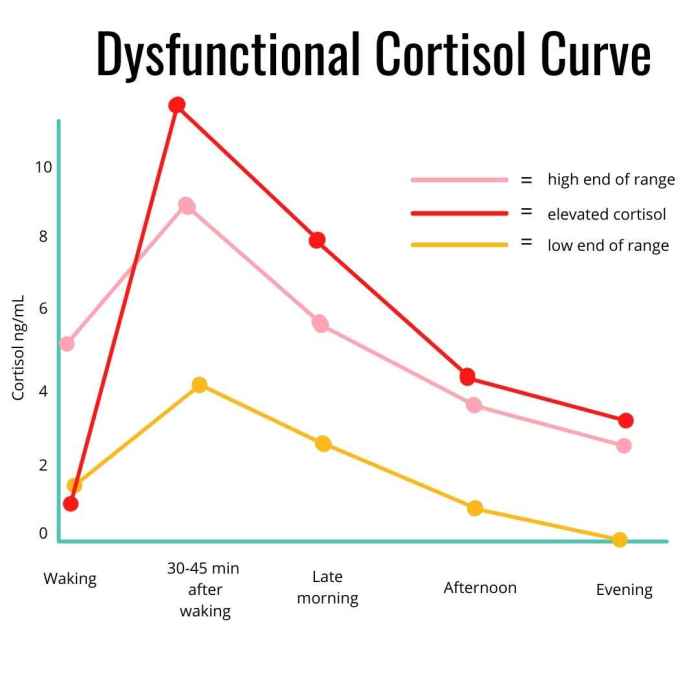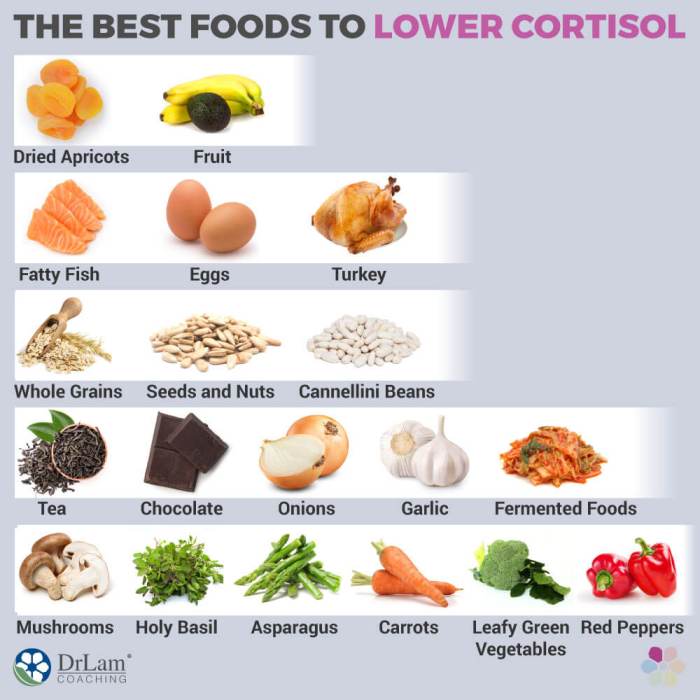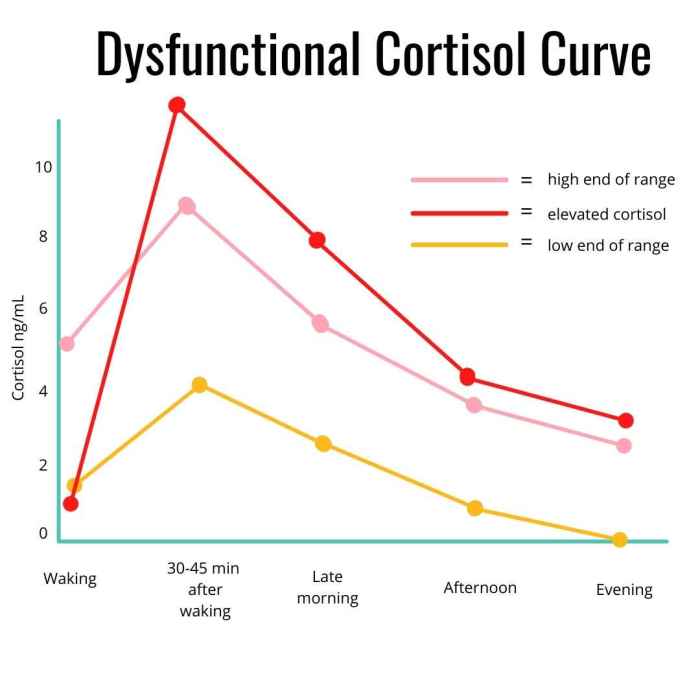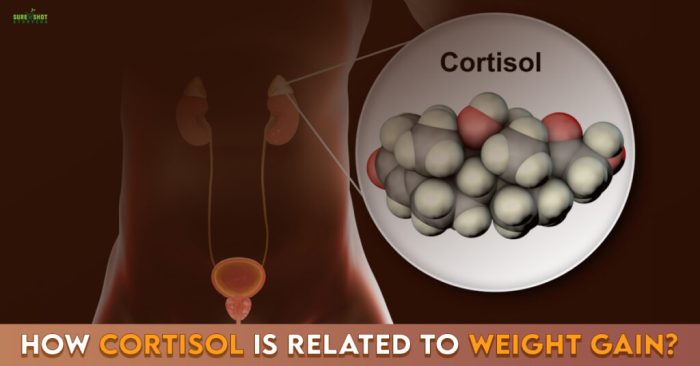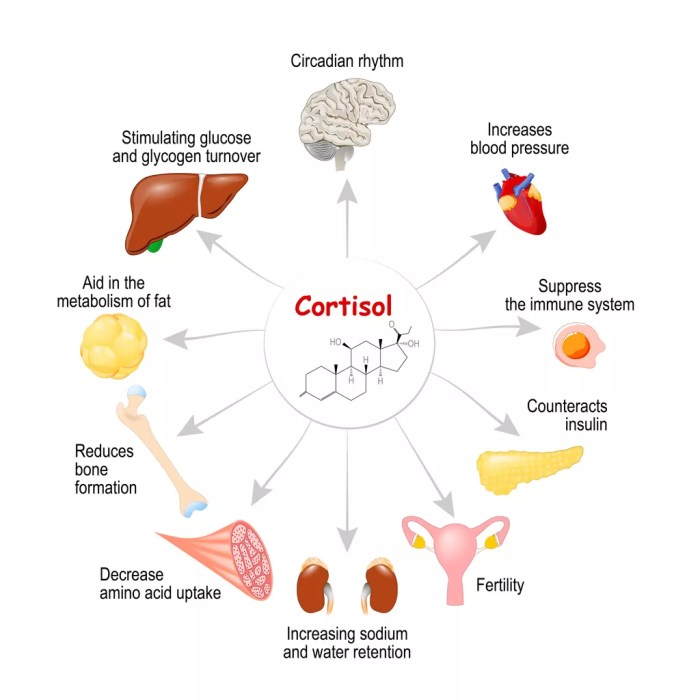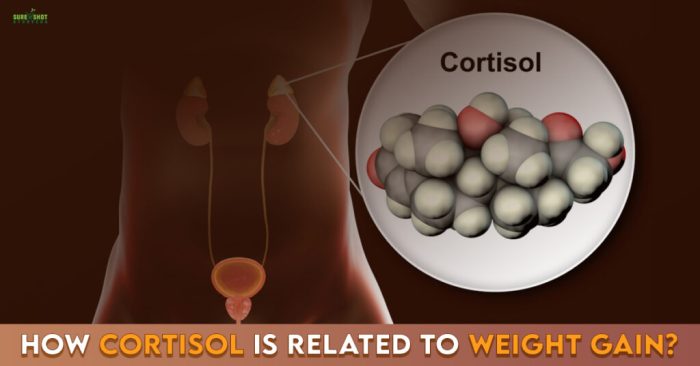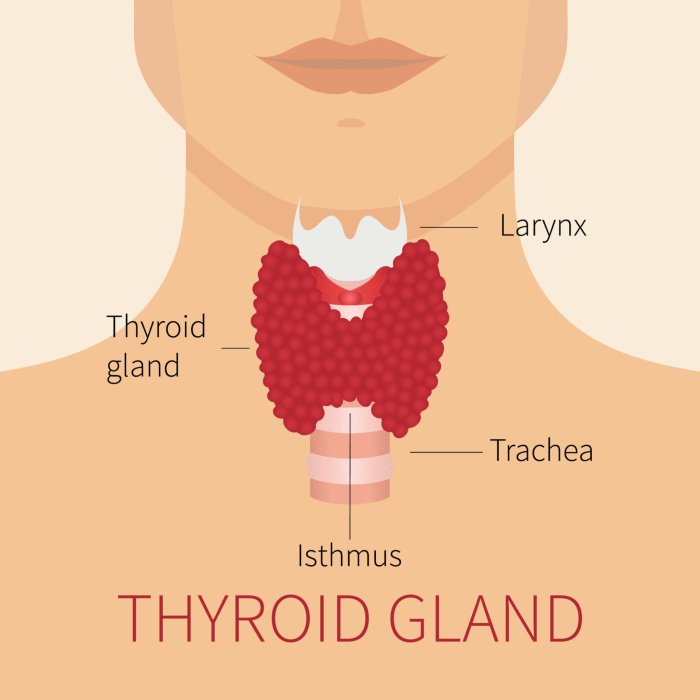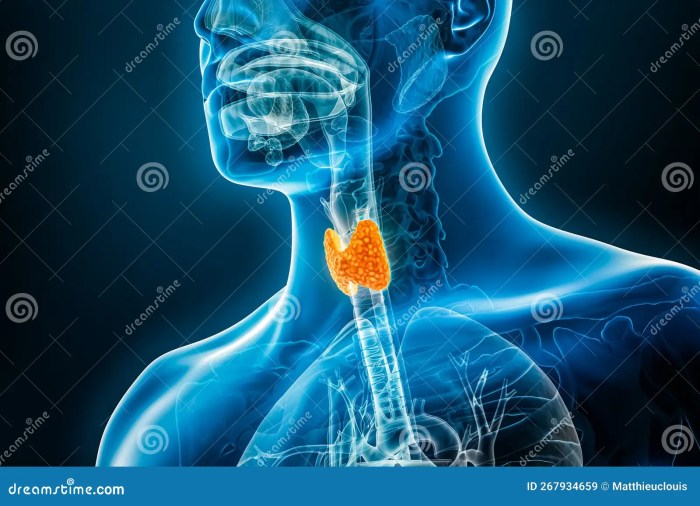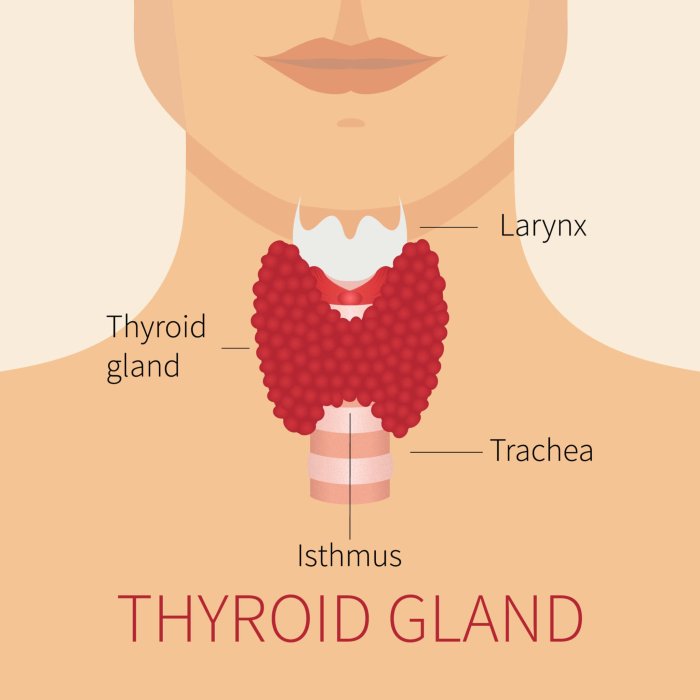Does birth control stop ovulation? This question is central to understanding how these methods work. We’ll explore the intricate hormonal mechanisms behind ovulation, how various birth control types interfere with this process, and examine the effectiveness and potential side effects of different approaches. From the common pill to more modern methods, we’ll delve into the science and the realities of using birth control to prevent pregnancy.
Understanding the hormonal interplay involved in ovulation suppression is key to comprehending the effectiveness of different birth control methods. We’ll break down the science behind how various types of birth control work, comparing their efficacy and side effects in detail. This includes examining the potential long-term implications and the importance of individual consultations with healthcare professionals.
Mechanism of Ovulation Suppression

Understanding how birth control methods prevent ovulation is crucial for informed decision-making. Ovulation, the release of an egg from the ovary, is a complex process regulated by a delicate interplay of hormones. Birth control pills and other methods effectively interfere with this process, preventing pregnancy.
Hormonal Mechanisms of Ovulation
Ovulation is a carefully orchestrated hormonal dance. The hypothalamus releases gonadotropin-releasing hormone (GnRH), which stimulates the pituitary gland to produce follicle-stimulating hormone (FSH) and luteinizing hormone (LH). FSH promotes the growth of follicles in the ovaries, each containing an egg. As the follicle matures, it produces estrogen. High estrogen levels trigger a surge in LH, which ultimately leads to the release of the mature egg (ovulation).
The corpus luteum, the remnants of the follicle, then produces progesterone, preparing the uterus for a potential pregnancy.
How Birth Control Pills Affect Ovulation
Different types of birth control pills work by altering the hormonal balance in various ways. Combined oral contraceptives (COCs), containing both estrogen and progestin, are the most common type. These pills suppress the production of GnRH, FSH, and LH. By suppressing FSH, they prevent the development of multiple follicles, thus hindering the maturation of an egg. The progestin component also thickens cervical mucus, making it difficult for sperm to reach the egg.
Progestin-only pills (POPs) primarily work by altering the cervical mucus and the lining of the uterus, making it less hospitable to sperm and preventing the implantation of a fertilized egg.
Methods of Ovulation Suppression
Birth control methods employ various strategies to suppress ovulation. Some methods directly interfere with the hormonal cascade, while others create a hostile environment for fertilization.
So, does birth control stop ovulation? Generally, yes, many types do. But, the specifics can get complicated. Sometimes, understanding the nuances of medication like levalbuterol vs albuterol which is better can be helpful for a more comprehensive understanding of how our bodies work. Levalbuterol vs albuterol , for example, can affect lung function, and in a similar way, different birth control methods might have different impacts on the body’s hormonal cycles.
Ultimately, consulting a doctor about birth control options is key to making the best choice for your individual needs.
- Combined Oral Contraceptives (COCs): These pills contain both estrogen and progestin. The estrogen component suppresses FSH, preventing follicle development. The progestin component further inhibits LH surge, thus preventing ovulation.
- Progestin-Only Pills (POPs): These pills primarily work by thickening cervical mucus, making it difficult for sperm to reach the egg. They also thin the uterine lining, decreasing the likelihood of implantation. These pills also affect the LH surge, preventing ovulation, but the effect is less reliable than COCs.
- Injectable Contraceptives: These contraceptives release progestin over time, continuously suppressing the LH surge, and preventing ovulation. This continuous progestin release also affects the uterine lining and cervical mucus.
- Implants: Implants, similar to injectable contraceptives, release progestin steadily. This constant release suppresses the hypothalamus and pituitary, reducing FSH and LH, preventing follicle maturation and ovulation.
- Intrauterine Devices (IUDs): Some IUDs release progestin, while others do not. The progestin-releasing IUDs work by thickening cervical mucus and thinning the uterine lining, creating an environment that is inhospitable to sperm and preventing implantation. They also suppress ovulation.
Effectiveness Comparison
The effectiveness of different birth control methods in suppressing ovulation varies. COCs are generally considered highly effective, often leading to a near-complete suppression of ovulation. POPs, while effective, may have a slightly lower success rate compared to COCs. Injectable contraceptives, implants, and IUDs provide long-term, consistent suppression of ovulation, offering convenience and potentially higher compliance.
| Birth Control Type | Hormone Action | Impact on Ovulation |
|---|---|---|
| Combined Oral Contraceptives (COCs) | Suppresses FSH and LH | Highly effective in suppressing ovulation |
| Progestin-Only Pills (POPs) | Thickens cervical mucus, thins uterine lining, and affects LH surge | Effective, but potentially slightly lower than COCs |
| Injectable Contraceptives | Continuous progestin release | Highly effective, long-term suppression |
| Implants | Continuous progestin release | Highly effective, long-term suppression |
| Intrauterine Devices (IUDs) | Progestin release (some types) | Effective, potentially long-term suppression |
Types of Birth Control and Their Effects
Understanding the various birth control methods and their impact on ovulation is crucial for informed decision-making. Different methods employ diverse mechanisms to prevent pregnancy, often by altering hormonal levels and thus affecting the monthly cycle. This section delves into the specifics of how various birth control types work in relation to ovulation.
Birth Control Pills
Birth control pills, also known as oral contraceptives, are a widely used method of preventing pregnancy. They contain synthetic hormones, primarily estrogen and progestin, that mimic the body’s natural hormonal fluctuations. These hormones suppress ovulation by preventing the release of an egg from the ovaries.
- Mechanism of Action: The hormones in birth control pills work by inhibiting the release of follicle-stimulating hormone (FSH) and luteinizing hormone (LH) from the pituitary gland. These hormones are crucial for stimulating follicle development and ovulation. By suppressing FSH and LH, the pills prevent the maturation and release of an egg.
- Types of Birth Control Pills: Different types of birth control pills contain varying amounts of estrogen and progestin. Some are “combination” pills containing both hormones, while others are “progestin-only” pills. The specific hormonal composition impacts the effectiveness and potential side effects.
- Effectiveness: When taken correctly, combination birth control pills are highly effective at preventing pregnancy. The failure rate is relatively low, especially when taken consistently.
Implants and Injections
Implants and injections are long-acting reversible contraceptives (LARCs) that provide extended protection against pregnancy. They deliver hormones over time to suppress ovulation.
So, does birth control stop ovulation? Generally, yes, it does. Hormonal birth control methods often interfere with the natural cycle, preventing the release of an egg. Understanding how these methods work can be fascinating, but it’s also important to consider other factors. For example, if you’re dealing with knee injuries, knowing how ACL surgery is performed how acl surgery is performed could be crucial.
Ultimately, though, the primary function of birth control is to prevent pregnancy, and that usually involves stopping ovulation.
- Mechanism of Action: Implants and injections, like birth control pills, work by suppressing the release of FSH and LH. However, the continuous release of hormones from implants and injections provides longer-lasting protection compared to pills.
- Hormonal Profile: The specific hormonal profile of each implant or injection differs. Some rely primarily on progestin, while others contain a combination of hormones.
- Effectiveness: Implants and injections are highly effective at preventing pregnancy. The consistent release of hormones throughout the cycle minimizes the risk of ovulation.
Intrauterine Devices (IUDs)
Intrauterine devices (IUDs) are small, T-shaped devices inserted into the uterus. They prevent pregnancy through various mechanisms, some of which affect ovulation indirectly.
- Mechanism of Action: Some IUDs release hormones to suppress ovulation, similar to birth control pills. Others work by creating a hostile environment for sperm, or altering the lining of the uterus, which can indirectly affect ovulation.
- Hormonal Content: Hormonal IUDs contain progestin, which suppresses ovulation. Non-hormonal IUDs do not contain hormones.
- Effectiveness: IUDs, both hormonal and non-hormonal, are highly effective at preventing pregnancy. Their long-term nature and minimal daily intervention contribute to their effectiveness.
Barrier Methods
Barrier methods, such as condoms, diaphragms, and cervical caps, physically prevent sperm from reaching the egg. They do not directly affect ovulation.
- Mechanism of Action: Barrier methods physically block the sperm from entering the uterus, thus preventing fertilization.
- Ovulation Impact: Barrier methods do not directly impact the ovulation process.
- Effectiveness: While effective, barrier methods require proper use to be fully effective.
Comparison Table
| Method | Effectiveness | Side Effects | Impact on Ovulation |
|---|---|---|---|
| Birth Control Pills | High | Mood changes, headaches, breast tenderness | Suppresses ovulation |
| Implants | Very High | Irregular bleeding, weight changes | Suppresses ovulation |
| IUDs (Hormonal) | Very High | Spotting, cramping | Suppresses ovulation |
| IUDs (Non-Hormonal) | Very High | Spotting, cramping | No direct impact on ovulation |
| Barrier Methods | Moderate to High (depending on method) | Irritation, discomfort | No direct impact on ovulation |
Effectiveness and Reliability
Birth control methods vary significantly in their effectiveness at preventing ovulation, a crucial step in pregnancy prevention. Understanding the reliability of different methods is essential for making informed choices and maximizing their effectiveness. This section will delve into the factors impacting effectiveness, provide examples of high and low-performing methods, and highlight the importance of consistent use.Effectiveness rates for birth control are typically expressed as percentages representing the likelihood of pregnancy within a year of consistent use.
These rates are crucial in understanding how well a particular method prevents ovulation and, consequently, unwanted pregnancies. Factors like correct usage, individual variations, and adherence to instructions all influence the actual effectiveness experienced by an individual.
Factors Influencing Effectiveness
Various factors can influence the effectiveness of birth control methods in suppressing ovulation. Consistency in use is paramount. For methods like pills, patches, or rings, missing doses can significantly reduce their effectiveness, allowing ovulation to occur. Additionally, certain medical conditions, medications, or lifestyle factors can interact with birth control, impacting its effectiveness. For example, some medications can reduce the absorption of hormonal birth control, rendering it less effective.
Understanding these factors is critical for maximizing the effectiveness of any chosen birth control method.
High Effectiveness Methods
Sterilization procedures, including tubal ligation and vasectomy, offer extremely high effectiveness rates. These permanent procedures are generally considered highly reliable in preventing pregnancy, eliminating the need for ongoing use of other methods. Long-acting reversible contraceptives (LARCs), such as intrauterine devices (IUDs) and implants, also exhibit high effectiveness rates, often exceeding 99%. These methods offer prolonged protection and are particularly beneficial for individuals who prefer a low-maintenance approach to birth control.
So, does birth control stop ovulation? Generally, yes, it does. But, it’s important to remember that various factors can influence this, and sometimes, even with birth control, ovulation might still occur. If you’re experiencing a herpes rash on your body, it’s crucial to consult a healthcare professional to discuss any potential interactions with birth control or other medications.
herpes rash on body information can help you understand more about the condition. Ultimately, understanding your body and how birth control affects it is key to your well-being.
Low Effectiveness Methods
Barrier methods, such as condoms, can have lower effectiveness rates compared to hormonal or long-acting methods. Correct and consistent use is essential for maximizing the effectiveness of these methods. However, user error, such as incorrect application or inconsistent use, can significantly reduce their effectiveness, leading to a higher risk of pregnancy. Fertility awareness methods, while a natural approach, are often considered less reliable as they rely on understanding and tracking ovulation cycles, which can be influenced by various factors.
Consistent Use and Effectiveness
Consistent use is critical for maximizing the effectiveness of any birth control method. The effectiveness rates quoted for birth control methods are usually based on perfect use, meaning the method is used correctly every time. However, real-world use often deviates from this ideal, and inconsistent use can significantly reduce the effectiveness of a method. This is particularly true for methods relying on consistent hormone delivery or proper application.
Table of Effectiveness and Reliability
| Birth Control Method | Effectiveness Rate (Typical Use) | Effectiveness Rate (Perfect Use) | Mechanism of Ovulation Suppression |
|---|---|---|---|
| IUD (Hormonal) | >99% | >99.9% | Releases hormones to prevent ovulation |
| Implant | >99% | >99.9% | Releases hormones to prevent ovulation |
| Pill | 91-99% | 99.7-99.9% | Releases hormones to prevent ovulation |
| Condom (Male) | 82-98% | 98% | Physical barrier to prevent sperm from reaching egg |
Note: Effectiveness rates vary depending on individual factors and adherence to instructions. Consult a healthcare professional for personalized advice.
Strategies for Effective Use
Developing strategies for consistent use can significantly improve the effectiveness of any birth control method. For example, setting reminders, using a birth control tracking app, or discussing strategies with a partner can help ensure consistent use of hormonal methods or barrier methods. Understanding the specific instructions for each method and seeking clarification from a healthcare provider are crucial for effective use.
Furthermore, addressing any potential barriers to consistent use, such as forgetfulness or logistical challenges, can improve the effectiveness of birth control and promote a healthy approach to reproductive health.
Potential Side Effects and Considerations
Birth control methods, while effective for preventing pregnancy, can sometimes come with a range of potential side effects. Understanding these potential impacts, alongside the possible risks and long-term considerations, is crucial for making informed decisions about contraception. This section delves into the nuances of side effects, emphasizing the importance of open communication with healthcare providers.
Potential Side Effects Associated with Birth Control Methods
Various side effects can arise from different birth control methods. These can vary significantly depending on the type of method used and the individual’s unique physiology. Some common side effects include changes in menstrual cycles, mood fluctuations, and weight changes.
Impact of Birth Control on Ovulation
Birth control methods, designed primarily to prevent pregnancy, frequently work by suppressing ovulation. This suppression can result in changes in the menstrual cycle, ranging from lighter or heavier periods to amenorrhea (absence of menstruation). The specific impact on ovulation varies depending on the hormonal method and individual factors.
Risks and Complications of Birth Control Use
While birth control methods are generally safe, potential risks and complications exist. These can include blood clots, particularly with hormonal methods, and a slightly elevated risk of certain cancers, although this risk is often low. Understanding these risks and discussing them with a healthcare provider is essential.
Long-Term Effects of Different Birth Control Methods on Ovulation
The long-term effects of birth control methods on ovulation can vary significantly. For example, some hormonal methods might lead to irregular periods or even amenorrhea in some users after extended use. In contrast, non-hormonal methods typically do not affect ovulation. Consulting with a healthcare professional can provide a personalized understanding of potential long-term effects.
Factors Increasing Risk of Side Effects
Several factors can increase the likelihood of experiencing side effects from birth control methods. These include pre-existing medical conditions, such as a history of blood clots or migraines, and certain lifestyle factors, like smoking. A thorough medical history and discussion with a healthcare professional are essential to understand individual risks.
Importance of Consulting a Healthcare Professional
Prior to initiating any birth control method, it’s critical to consult a healthcare professional. They can assess individual health history, potential risks, and discuss the most suitable method based on individual needs and circumstances. A consultation ensures a personalized approach to contraception.
Managing and Minimizing Side Effects
Various strategies can help manage or minimize potential side effects. These include open communication with a healthcare provider about any concerns, adjusting the method if necessary, and exploring lifestyle modifications. For example, adopting a healthy diet and exercise regimen can potentially mitigate some side effects.
Variations and Individual Experiences
Birth control, while effective for many, isn’t a one-size-fits-all solution. Individual experiences with ovulation suppression can vary significantly. Factors like age, overall health, lifestyle, and even genetics can influence how a particular method affects a person’s body. Understanding these variations is crucial for choosing the right birth control option and for navigating any potential challenges.Individual factors play a significant role in how birth control affects ovulation.
For example, a person with a history of irregular cycles may experience different results from a hormonal method compared to someone with regular cycles. Similarly, a person with certain medical conditions, such as polycystic ovary syndrome (PCOS), may require a different approach to birth control than someone without.
Differences in Ovulation Suppression Experiences
Individual responses to birth control methods vary considerably. Some people experience almost immediate and complete ovulation suppression, while others may notice a more gradual or inconsistent effect. These variations highlight the importance of ongoing monitoring and communication with a healthcare provider. This personalized approach allows adjustments to be made as needed.
Factors Influencing Ovulation Suppression
Various factors influence how a person experiences birth control’s effect on ovulation.
- Age and Health Conditions: A person’s age and pre-existing health conditions, like PCOS, thyroid issues, or obesity, can impact how their body responds to birth control. For example, women in their later reproductive years might experience variations in their cycle regularity, potentially affecting the effectiveness of certain methods.
- Lifestyle Choices: Diet, exercise, and stress levels can all influence hormone balance. Significant changes in lifestyle can impact the effectiveness of birth control. For example, intense or prolonged periods of stress can lead to hormonal fluctuations, which might alter how a hormonal birth control method works.
- Individual Metabolism: How quickly the body processes and eliminates medications plays a role. A person with a fast metabolism might require a higher dose or a different method to achieve the desired results. Conversely, a person with a slower metabolism might need a lower dose or a different approach.
- Medication Interactions: Taking certain medications, like antibiotics or anticonvulsants, can interact with birth control pills, reducing their effectiveness. It’s important to discuss all medications with a healthcare provider to avoid potential issues.
Birth Control Options for Specific Needs
Different birth control methods are designed to address various health conditions or needs.
- Non-hormonal options: For those who prefer or need non-hormonal methods, barrier methods like condoms and diaphragms are available. These methods offer a different approach to birth control, potentially better suited for individuals with certain health concerns.
- Extended-cycle options: Some birth control options, such as certain combined oral contraceptives, can be taken with extended intervals between pill packs, offering a tailored approach to manage cycles.
- Specific medical conditions: If a person has a particular health concern, such as a history of blood clots or breast cancer, they should consult with their healthcare provider to discuss birth control options best suited for their individual needs.
Lifestyle Impacts on Birth Control Effectiveness
Lifestyle factors can influence the effectiveness of birth control.
- Diet and Exercise: A balanced diet and regular exercise can help maintain hormonal balance, potentially increasing the effectiveness of birth control. Conversely, extreme dieting or lack of exercise might affect the body’s response to certain methods.
- Stress Levels: High stress levels can impact hormone production, which might affect the efficacy of birth control methods, especially hormonal ones. Finding healthy stress-management techniques can contribute to a more stable hormonal environment.
Importance of Open Communication with Healthcare Providers
Open communication with a healthcare provider is essential when discussing birth control.
- Addressing Concerns: Individuals should feel comfortable discussing any concerns or questions about birth control methods with their healthcare provider.
- Personalized Recommendations: Healthcare providers can offer personalized recommendations based on individual needs, health history, and lifestyle.
Comparing Birth Control Experiences
Comparing experiences between individuals using various birth control methods is challenging. Individual responses to the same method can differ due to the multitude of factors described above. There are online forums and support groups where individuals can share experiences, but it’s essential to remember that these are not substitutes for professional medical advice.
Alternatives to Birth Control: Does Birth Control Stop Ovulation

Choosing a method for preventing pregnancy is a deeply personal decision. While birth control methods are widely used and effective, some individuals prefer alternative approaches that align with their values and beliefs. These methods often focus on understanding the body’s natural cycles and avoiding intercourse during fertile periods.Natural family planning methods offer a unique approach to pregnancy prevention, relying on understanding and observing the body’s signals.
They can be an excellent option for those seeking methods that avoid hormonal interventions or artificial barriers. However, it’s crucial to recognize that these methods require dedication, meticulous record-keeping, and a high degree of self-awareness. Furthermore, their effectiveness varies significantly depending on the individual and the method used.
Natural Family Planning Methods
Natural family planning (NFP) encompasses a variety of methods based on observing and interpreting cyclical changes in a woman’s body. These changes are closely related to fertility. The fundamental principle is to identify the fertile and infertile phases of a woman’s menstrual cycle.
Fertility Awareness Methods
Fertility awareness methods (FAMs) are a cornerstone of NFP. They involve tracking various physiological indicators, such as basal body temperature (BBT), cervical mucus changes, and ovulation symptoms, to identify fertile windows.
Effectiveness and Reliability of Natural Family Planning
The effectiveness of NFP varies considerably. Its success depends heavily on the accuracy and consistency of the method used, as well as the individual’s ability to follow the prescribed guidelines. Factors such as irregular cycles, health conditions, and stress can influence the reliability of NFP. Studies have shown that when correctly and consistently applied, some NFP methods can achieve comparable effectiveness to certain birth control methods.
However, this effectiveness is often lower than that of typical hormonal methods.
Comparison of NFP and Birth Control Methods, Does birth control stop ovulation
Natural family planning differs significantly from birth control methods. NFP relies on understanding the body’s natural rhythms and avoiding intercourse during the fertile period. Birth control methods, in contrast, often involve external interventions such as hormonal adjustments or barriers to prevent ovulation or fertilization.
| Feature | Natural Family Planning | Birth Control Methods |
|---|---|---|
| Mechanism | Observing and interpreting cyclical changes in the body | Hormonal manipulation, barriers, or surgical interventions |
| Effectiveness | Highly variable; depends on individual factors and consistency | Generally higher effectiveness rates, with consistent use |
| Side Effects | Generally minimal, but requires commitment and awareness | Can include various side effects, ranging from mild to severe |
| Cost | Low or minimal cost, primarily in the form of tracking tools | Can vary widely, depending on the chosen method and duration |
Flowchart of Natural Family Planning Steps
This flowchart Artikels the general steps involved in the most common types of natural family planning methods: 
(Note: A visual flowchart would replace this placeholder. It would depict the steps involved in tracking cycles, identifying fertile periods, and determining appropriate times for intercourse or abstinence.)
The steps Artikeld in the flowchart involve consistent tracking of key indicators, careful record-keeping, and a deep understanding of the body’s cycles.
This ensures that individuals using NFP can make informed decisions regarding intercourse and potentially avoid pregnancy.
Final Conclusion
In conclusion, birth control’s impact on ovulation is multifaceted. While many methods effectively prevent ovulation, their efficacy and potential side effects vary significantly. Choosing the right method involves careful consideration of individual needs, potential risks, and open communication with a healthcare provider. Ultimately, the decision to use birth control requires a thorough understanding of its effects on the body and a personalized approach.
We’ve explored the complexities of this issue, offering a comprehensive overview to empower informed decisions.

